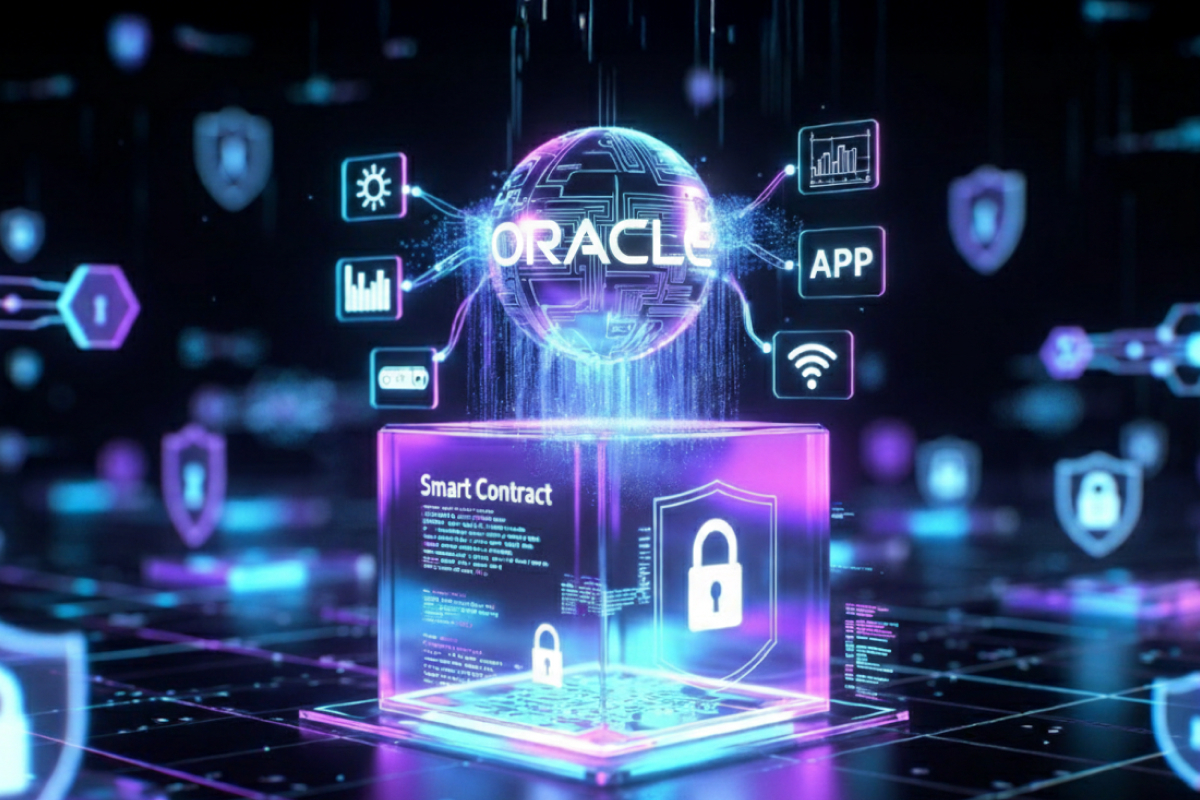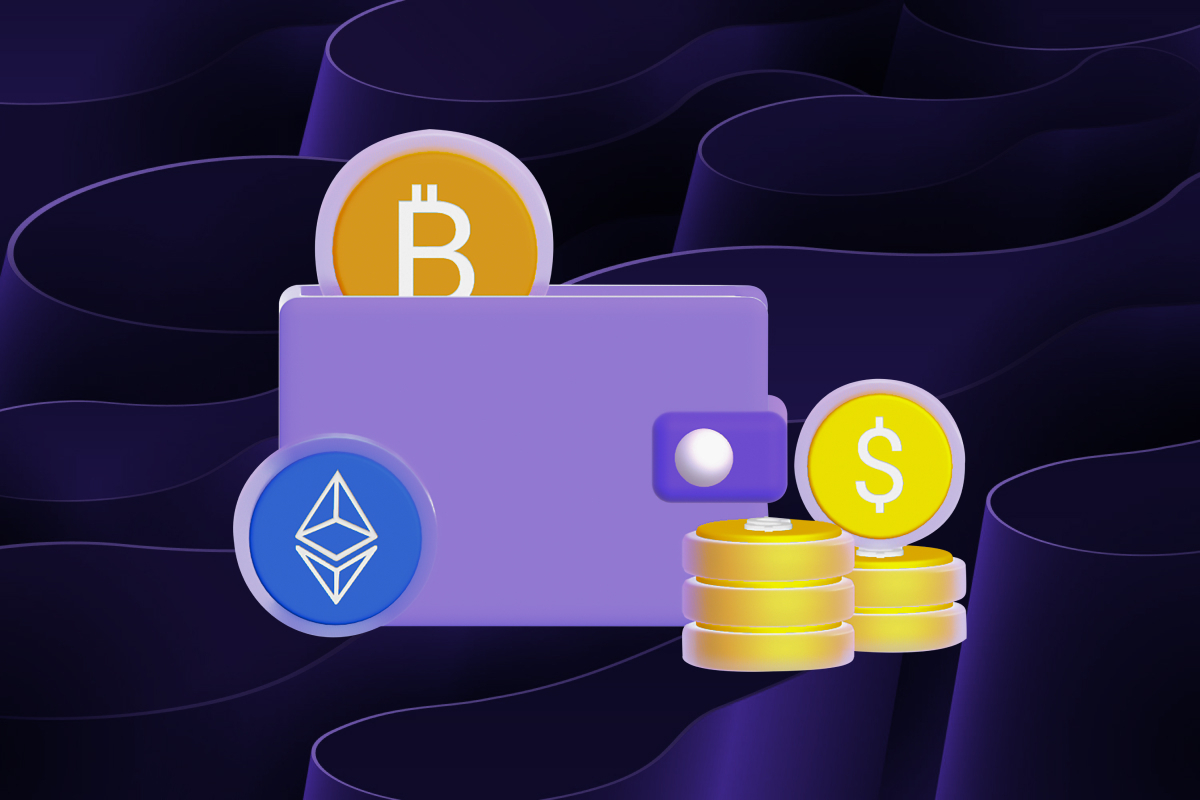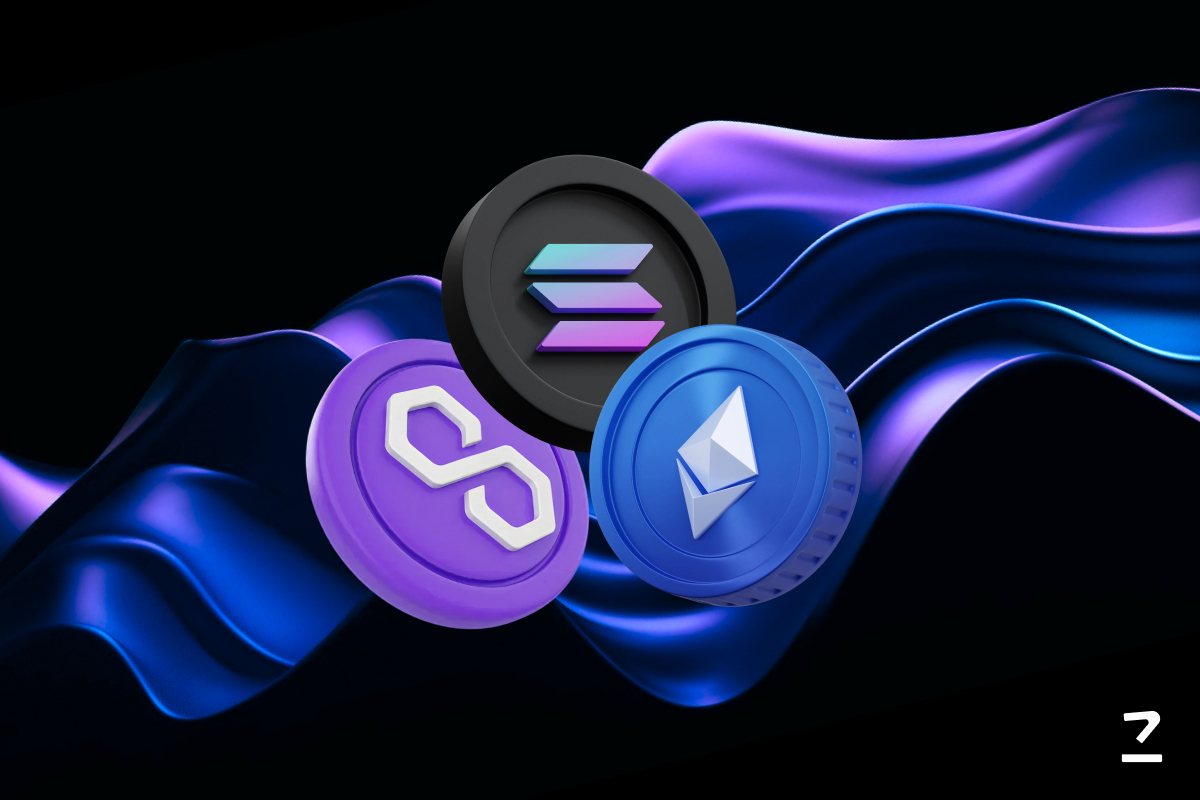SHARE THIS ARTICLE
What are DAOs and How are they Related to the DeFi Ecosystem?
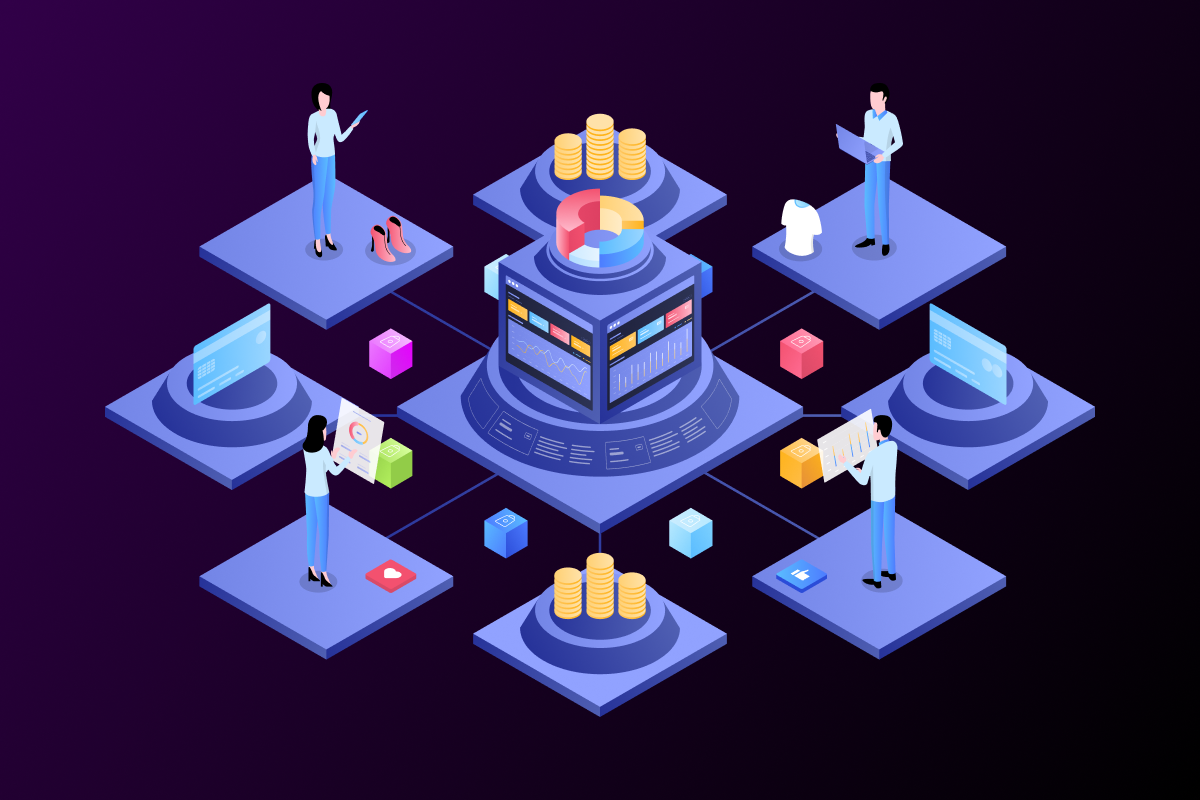
Among all the major components of the crypto space, decentralized autonomous organizations are one. DAOs have become more important than others in a short span of time and are helping take the crypto market forward.
Being one of the crucial DeFi applications, DAOs are the governing bodies tasked with managing and overseeing the allocation of resources associated with a project. DAOs are the prized possession of a community and work without any central control, which is the pillar of the crypto space.
Compared to when DAOs came into the picture and their position today, there have been a lot of great developments. We will be highlighting the position and stature of DAOs vis-a-vis the present market structure and positioning.
Understanding DAOs and their Structure
In the realm of decentralized finance development, decentralized autonomous organizations are akin to a web community or society governed by smart contracts. DAO's laws and principles are embedded in the blockchain, secure from attacks, mutation, and modifications.
Majorly, DAOs are based on Ethereum, the world's leading smart contract platform. This is because smart contracts are made and operated via Ethereum, and this makes it easy to build and operate DAOs on the Ethereum blockchain. DAOs operate and work with the source code rather than relying on a CEO or a single-point authority.
DAOs are created by the DeFi development company or a group of technical professionals who come together to write the code for the platform. This structure is unique as it's the community as a whole who owns it, and the members are responsible for managing the entire thing.
The DAO members are not given a salary, but they are rewarded on the basis of their contributions. Even the structure of how these rewards will be provided is already written and cannot be changed.
Since it's a community at work, the decisions are also taken by the community together. In a DAO, voting is used to make decisions about anything. Once the voting is done, the result is then implemented.
So only if the members can reach a consensus, the decision can be implemented. Platforms like Bitcoin and Ethereum make these decisions via their nodes. Still, in a DAO, it's the members who play a significant role.
Lastly, anyone can become a member in DAO. However, the membership is subject to the fulfillment of some conditions for joining. It can be that the members must buy the native tokens of the platform, or they have to provide DeFi marketing services in return for the membership.
DAO and DeFi | How do they Mix?
DAO is a part of the DeFi ecosystem and it has been making headlines with its approach. Just a few months back, ConstitutionDAO raised more than $41 million in less than four days to buy the digitized copy of the US constitution.
This only shows the impact and power of a DAO and how it can gather the community for a purpose. At present, there are a lot of DAOs operating at their own pace with distinct purposes and objectives.
All the DAOs have a native token, tokenomics, and other functions similar to a cryptocurrency platform.
To establish their connection with the DeFi space, we need to understand two characteristics of DAOs;
-
Decentralized: DeFi is also expanded as Decentralized Finance services wherein a financial system does not have a central authority. Decentralization is the hallmark of the entire blockchain ecosystem. The fact that there is no authority over the platform makes it a purely public entity.
When a fragmented group of coin holders distributed around the globe exercises their voting rights, contributes capital, or performs other duties that entitle them to more issued currency, the human element plays a role.
However, this does not imply that any group that collaborates or takes decisions using a ballot box is a DAO. It must also meet the second component of the definition, which is autonomy.
-
Autonomous: It’s not easy to define autonomy in a few words. Being autonomous can take several forms and positions. Still, in the context of a DAO, it means that the humans are only supporters, and the technology will take the lead.
So, in a DAO, the decisions are autonomous based on the coding completed by a DeFi development company or developers.
Examples of DAOs
Here are a few decentralized autonomous organizations to further help you understand the concept easily;
-
OlympusDAO: OlympusDAO is a reserve currency system established with a motive to bring more transparency into the system. The reserve has cryptocurrency assets to support and back the OHM (native token) issuance and sustain its value.
-
HectorDAO: HectorDAO is a deflationary utility token operating on the Fantom Opera Chain with the $HEC token. It provides rebasing rewards to the community members, and the protocol is set to provide high-scoring APY. The platform has buybacks and a burning mechanism to reduce the supply and increase the value.
Conclusion
DAO and DeFi are inseparable parts of the present and future crypto environment. With DAOs into the picture, we are heading towards a more healthy ecosystem that provides a much higher degree of decentralization than what we experience today.
The number of DAOs is rising by the day, and they all will have a significant impact on how the future of the decentralized and autonomous markets work, provided these platforms are audited and checked for authenticity.
Post Author
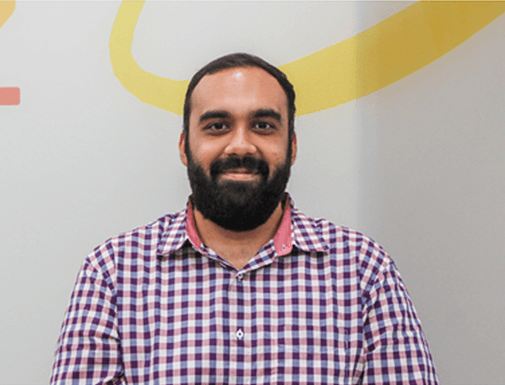
As a distinguished blockchain expert at Codezeros, Paritosh contributes to the company's growth by leveraging his expertise in the field. His forward-thinking mindset and deep industry knowledge position Codezeros at the forefront of blockchain advancements.
Blogs
Our Latest Blogs
Discover valuable industry insights and stay up-to-date with the latest updates by exploring our curated collection of recent blog posts.
Let us know your requirement
We know ideas matter, we are the product of one. We Provide Full Assistance In Your Business

